Part 2: Mother Mary Revolutionary - By Rosilee Sherwood
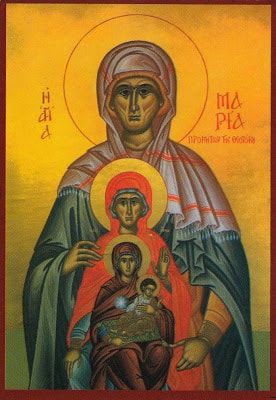
“57 As evening approached, there came a rich man from Arimathea, named Joseph, who had himself become a disciple of Jesus. 58 Going to Pilate, he asked for Jesus’ body, and Pilate ordered that it be given to him. 59 Joseph took the body, wrapped it in a clean linen cloth, 60 and placed it in his own new tomb that he had cut out of the rock. He rolled a big stone in front of the entrance to the tomb and went away. 61 Mary Magdalene and the other Mary were sitting there opposite the tomb.”
We recently finished a series at Westview on the women who appear in Matthew’s Genealogy of Christ: Tamar, Rahab, Ruth, Bathsheba, and Mary. Through this series, I gained a better understanding of something oft-repeated in my childhood: that , “Christ died for our sins”. Below I argue that the courageous actions of outcasts reveals the sin and injustice upheld by insiders — the privileged and comfortable majority. Christ’s death reveals that salvation is a product of oppressed people’s resistance against injustice; such resistance calls the mainstream community to a better way of life.
To understand how Matthew connects Christ’s salvific work to the resistance of the women in Christ’s life, we’ll start by reviewing some general observations about women in Matthew’s Gospel; before, second, sharing a few of the lessons we learned at Westview about Christ’s grandmothers; and then, third briefly visit the episode where Christ is anointed by an unnamed woman. Finally, I will conclude by thinking about how the women waiting outside Christ’s tomb reveal what it might mean to say, “we are saved by the work of the cross”.

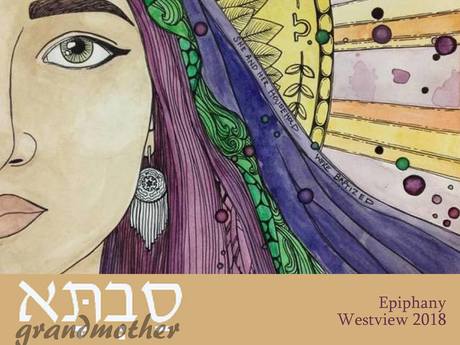

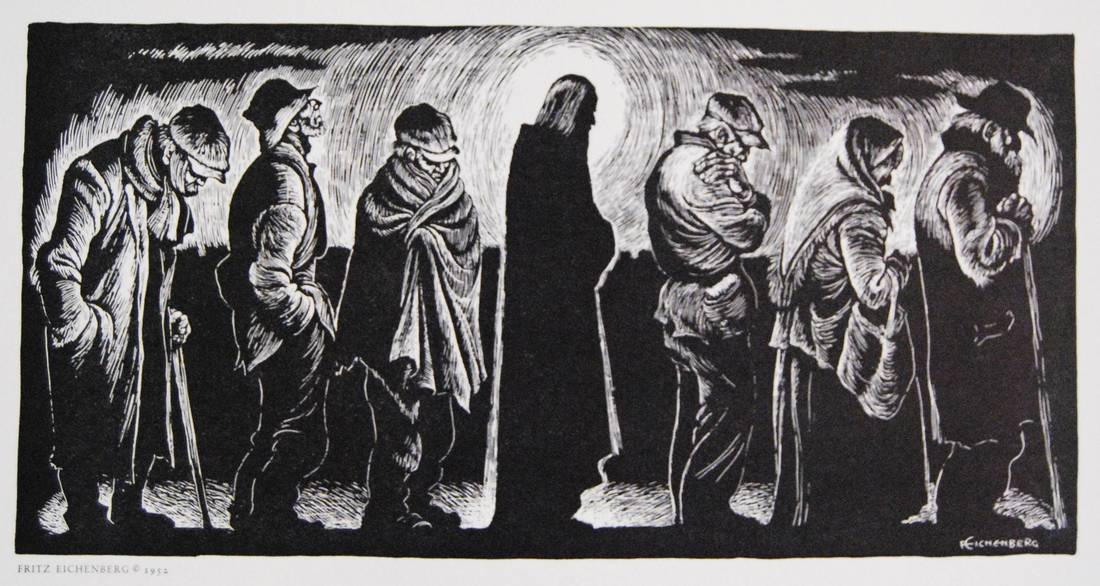


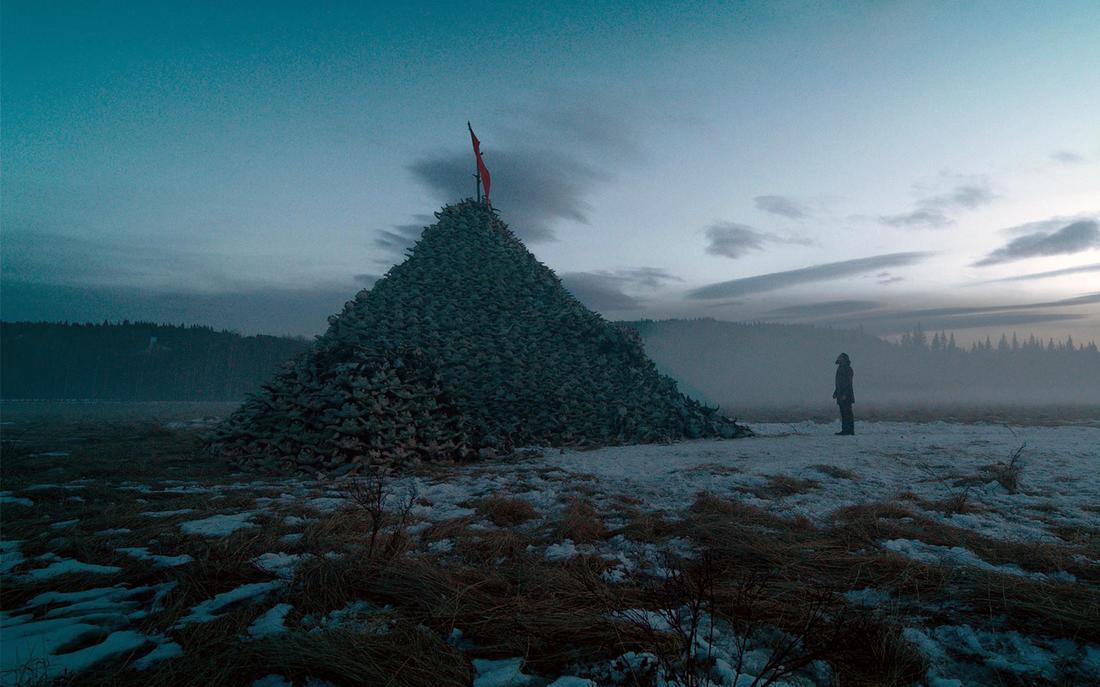

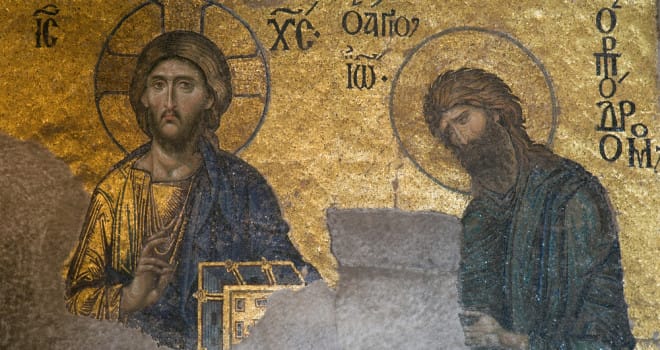
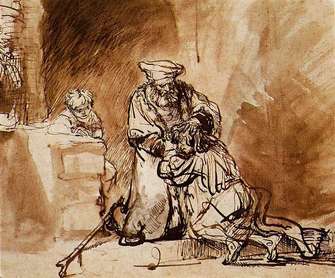



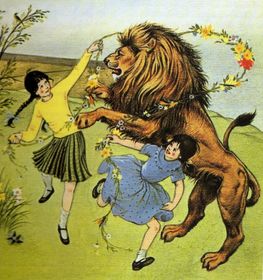

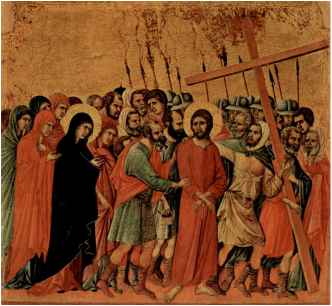
 RSS Feed
RSS Feed

